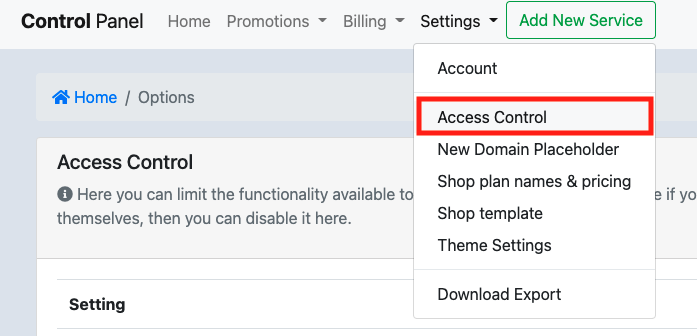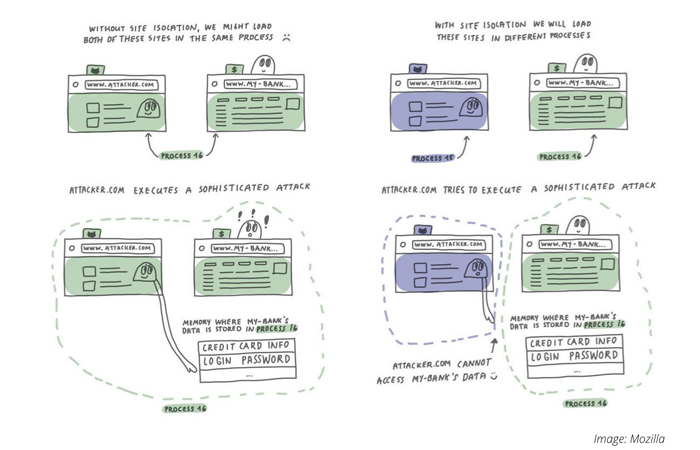Apple and Cloudflare team up to develop a new internet protocol called “Oblivious DNS-over-HTTPS,” or “ODoH,” which can prevent Internet Service Providers (ISP) from knowing which websites you visit.
When visiting a website the request sent can be logged and tells your ISP which websites you visited, down to the hostnames and subdomains. This information can be valuable data that companies sell to advertisers and make huge profits.
Oblivious DNS-over-HTTPS
ODoH works by encrypting the DNS query before passing it through a proxy server. Because it is encrypted, the proxy cannot see the query so the DNS resolver cannot know which websites have been visited.
“What ODoH is meant to do is separate the information about who is making the query and what the query is,” said Cloudflare’s head of research, Nick Sullivan.
However ODoh is only able to ensure privacy if two different organizations run the proxy server and the DNS service. Presently, ODoh is still a proposed protocol and has to be signed-off by the Internet Engineering Task Force to be adopted by browsers and operating systems.
In the meantime, you can check our blog on How to protect yourself from your ISP snooping on the websites you visit, and have your web privacy protected.
Source: www.9to5mac.com











